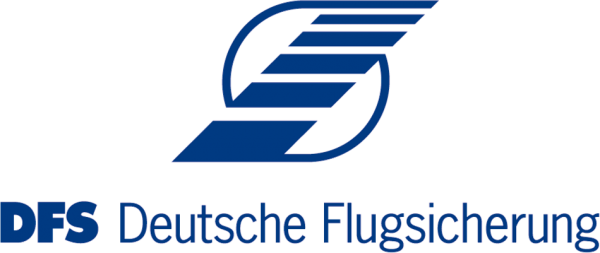Air Traffic Management Consultancy and Solutions
| Company | DFS Deutsche Flugsicherung GmbH |
|---|---|
| Date | 15.04.2015 |
Investing in safety
At its annual press conference, DFS CEO Klaus-Dieter Scheurle first of all said a few words about the crash of the Germanwings aircraft before turning to the DFS metrics on safety, punctuality and cost-efficiency.
"Our deepest sympathies go out to the families and friends of the victims of the Germanwings crash on 24 March. The whole aviation sector is united in deep sorrow following this tragic event," said Scheurle. The DFS CEO suggested that such an event might cause us to reconsider systems which would allow the control of aircraft to be taken over by personnel on the ground in emergency situations.
Turning to DFS itself, the DFS CEO said that the company performed well in 2014 as regards its core task of ensuring safety in German airspace. The high level of safety reached in previous years was maintained. The independent Aircraft Proximity Evaluation Group (APEG) reported no incidents of risk category A (immediate risk) and five incidents of category B (safety not assured), two of which involved air navigation services.
Although traffic figures rose slightly in 2014, the number of IFR flights in 2014 (2,980,437) was still below the value of three million reached in 2009, as it has been every year since then. The record high achieved in 2008 (3.15 million) has still not been exceeded. With 10,052 IFR flights, 27 June 2014 was the busiest day of the year, while September was the busiest month.
As regards the influence of air navigation services on punctuality, DFS maintained the good level of the previous year, with approximately 0.3 minutes delay per flight. Air navigation services caused no delays in terminal services. 2014 proved to be a good year for DFS, with around 98 percent of all flights in its area of responsibility being on time.
However, the economic situation continues to pose the greatest challenge to the management of DFS. Because of economic regulation, DFS has no control over the level of revenues, leaving expenses as the only lever. To the extent possible, an ambitious five-point programme, which also involves cuts in headcount, has already achieved a lot. Nevertheless, this must be set against the large expenses associated with company pensions. Overall, DFS has taken 300 positions out of the headcount owing to natural turnover, meaning that total staff numbers are now approximately 5,800.
Scheurle rated the financial results achieved in 2014 as "good". Revenues of EUR 1.105 million were generated. The largest block of total costs at DFS (71 percent) is made up of staff costs, amounting to EUR 693 million. Net income according to the German Commercial Code (HGB) came in at EUR 73.5 million.
In addition to the review of the results from 2014, the DFS CEO also talked about the ongoing projects at DFS.
At the European level, more than 400 direct routings have been introduced as part of the free-route programme. Many of these routes are cross-border. This shows how DFS is continuing to work well with its European partner organisations.
The Remote Tower Control project involves controlling the airports of Saarbrücken, Dresden and Erfurt from one central location in Leipzig from 2018. The contract has already been awarded to the systems supplier Frequentis AG.
Research is continuing on the promising subject of sectorless air traffic management, which has enormous potential for the future. This is a completely new control philosophy and represents a significant break with the current way of doing things, where air traffic controllers pass on aircraft from one sector to another. The new philosophy will see each air traffic controller monitoring a limited number of aircraft for the complete flight. Capacity will be boosted and bottlenecks avoided.
DFS is investing in a new air traffic management system called iCAS. This system, which is still in development, will have a high degree of automation, allowing complex and busy airspaces to be managed more safely and efficiently. DFS is working closely with European air navigation service providers to realise synergies for the technological foundation of iCAS. The implementation of the Single European Sky, which will improve efficiency and service standards, is the joint objective.
"We will not neglect the future. Money still needs to be invested in technology, systems and equipment," assured the DFS CEO. While cost savings are a must, remaining a leader in quality on the international stage requires money to be invested at the end of the day, added Scheurle.
Contact
Aeronautical Solutions
Am DFS-Campus 10
Langen
Germany
D-63225
- +49 (0)6103 707-2051

